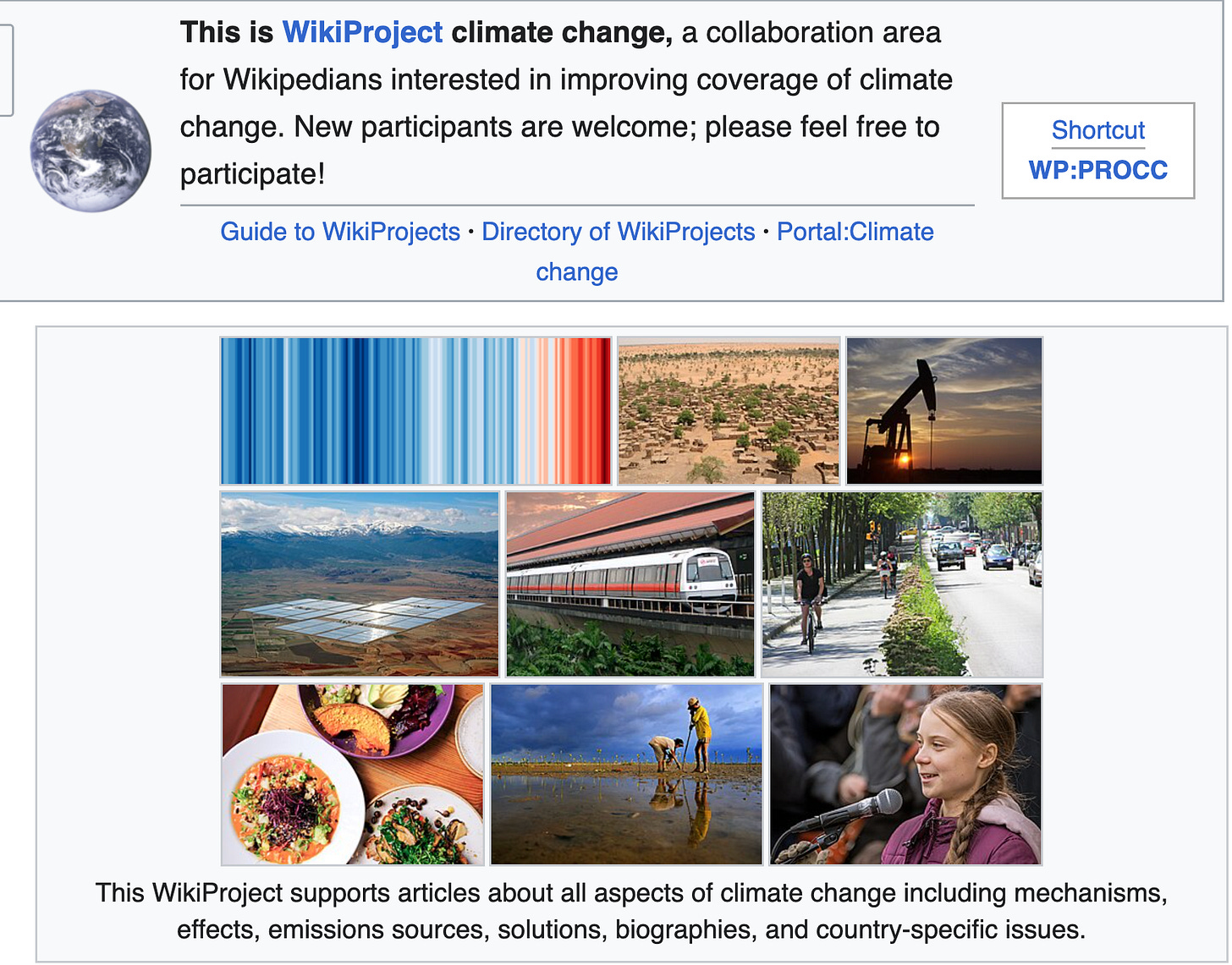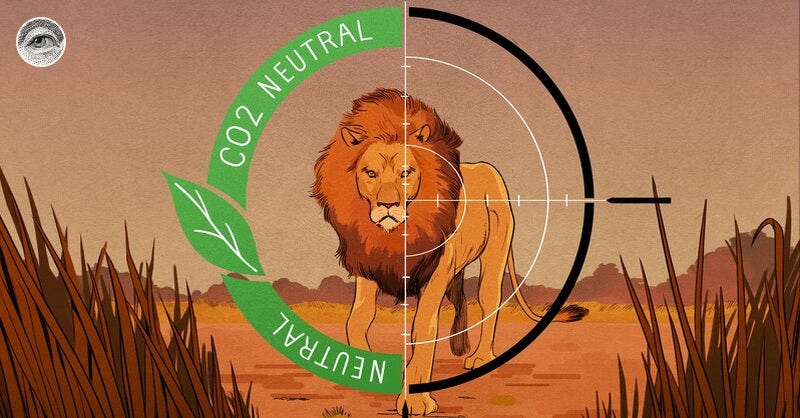As many of you know, I still use Twitter / X / Xwitter a lot - to learn, to connect people who might otherwise never find each other, to offer observations and course corrections amid the flood. It requires work to avoid the abuse and information pollution, but tell me what’s good in the world that doesn’t require work…. (You can learn a lot about how to make the most of online living in my Thriving Online series.)
Early in the Meta phase of Sustain What, I’d pledged to do regular “From the Fire Hose” posts here, rounding up some of the developments and discussions that catch my eye. But I can’t justify the time unless and until this Sustain What dispatch becomes a bigger source of income (especially now that I’ve left Columbia). Feel free to chip in, although I totally understand subscription overload. I even wrote about the perils in a worldwide web of paywall fences.
But here goes - a quick dip into what you might call my X files.
Why Wikipedia works
of posted this observation:I hesitate to even say this -- knocking on wood as I do -- but it's remarkable that Wikipedia, almost alone in the world, has remained unshittified.
I immediately recalled my Sustain What conversation in November 2020 exploring how Wikipedia’s climate entries are built and, more important, maintained and vetted. I replied, “The unshittified nature of Wikipedia comes from the hard work of communities engaged voluntarily to help sustain entries on key issues.”
I urge you to take time to watch, and share, the episode - Thriving Online - How to Be a Climate Wikipedian and Buttress Online Climate Knowledge.
My guests were Alex Stinson, Wikimedia’s wrangler of climate “Wikipedians,” Mark Kaufman, a Mashable writer who profiled “the guardians of Wikipedia’s climate page,” and two team members from the Climate and Development Knowledge Network.
If you want to learn more about what Wikipedians do (specifically for climate), or if you want to join the fray, you can go to the Wikipedia project page, of course! And let me know your experiences if you’ve ever edited Wikipedia.
For the rest of my flow, the best bet is to go over at X / Twitter / Xwitter:
The fire hose
Why are the impacts so awful from Afghanistan’s FOUR earthquakes:
https://twitter.com/Revkin/status/1713997890023043098
Northeastern communication and policy professor Matt Nisbet has raised big important questions about the widely-covered conclusions of a paper finding white wealth tied to slowdowns in wind-power projects:
https://twitter.com/Revkin/status/1714017915341537744
Was there really a magazine article about superyachts with climate-conscious owners saving the seas? Yes:
https://twitter.com/Revkin/status/1714001451410694219
It was through X that I saw Heidi Blake’s epic investigative feature in The New Yorker on a huge forest carbon-offset scam. As she summarizes it, “The world's largest carbon offsetting firm sold environmentally worthless credits, while the developer of its biggest project secretly moved of tens of millions of $ paid by Gucci, Porsche, Nestlé & others into offshore accounts.”
But because it’s X, Blake could go further. She pointed to foundational reporting done by the European investigative reporting project Follow the Money, which summarizes Tiej Gijzel’s story this way: “Protecting trees, lions and elephants and saving the climate: climate advisor South Pole sold that promise to companies such as Greenchoice and Adyen. But in reality the protected nature reserve is used to shoot these elephants.”
And the poking I did around these carbon scam stories led me to the YouTube output of Elias Ayrey, a remarkably talented scientist (schooled at the University of Maine!) using remote-sensing to unveil such deceptions. Here’s his video titlted “21 Ways that Forest Carbon Projects Cheat!”
~ ~
Yes, I’m on Threads, Mastodon and Bluesky, too, but the more time I spend in those Slack-style cul-de-sacs, the more I return to X - yes, with a mud-proof suit and goggles.
Be well folks. Keep your energy up by breaking away fro your screens. Here was how I cleared my head yesterday here Downeast, with fall still mild.







